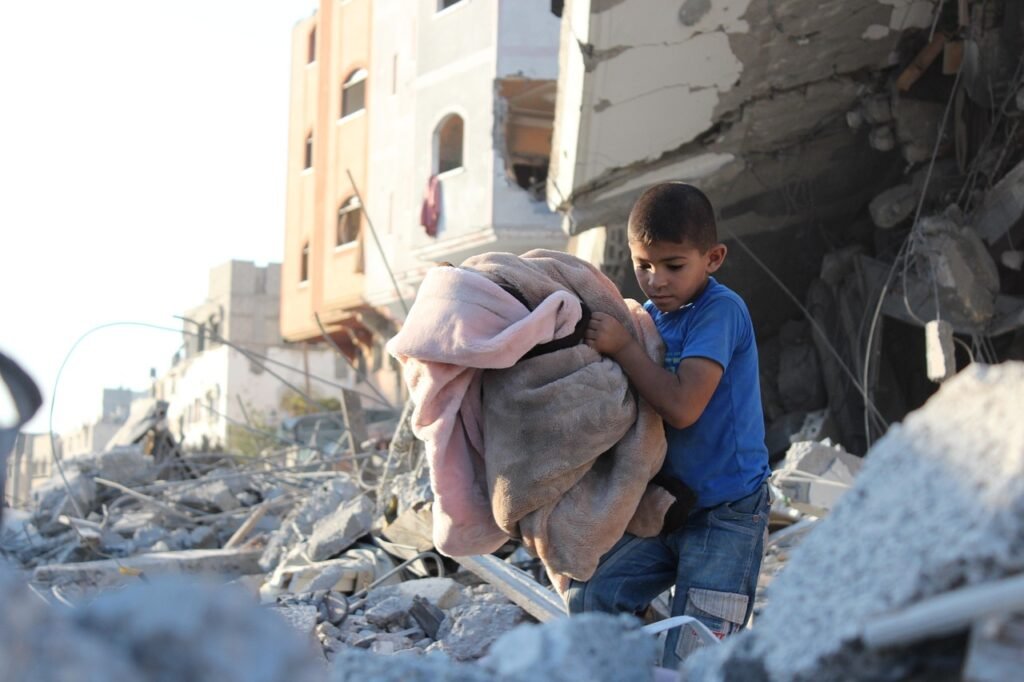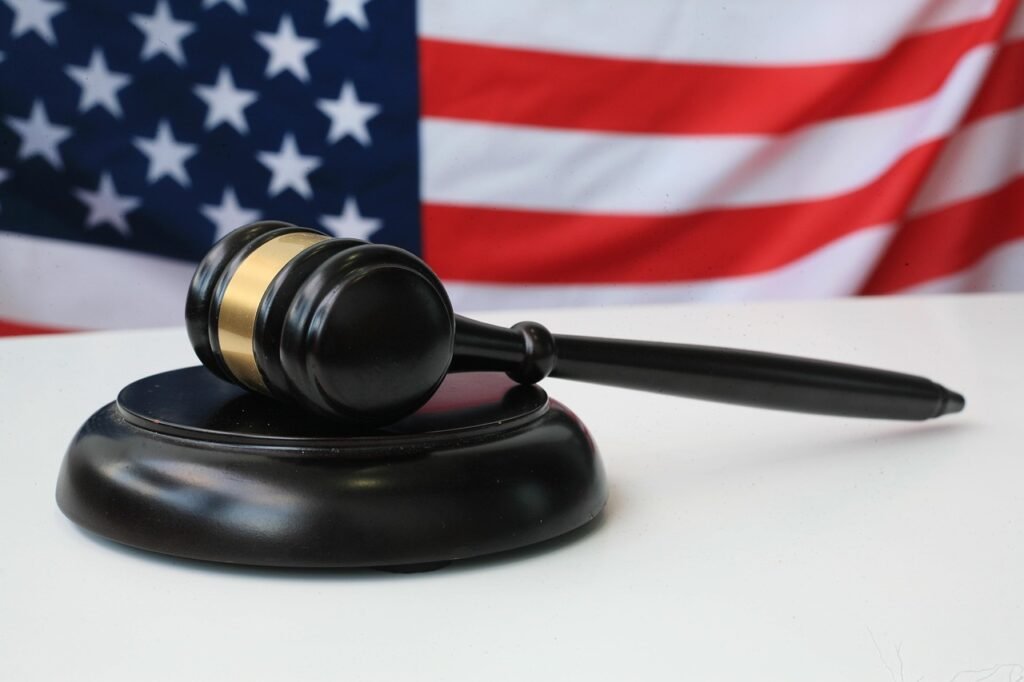
The Hope Born from Diplomacy
Amid the devastation that marks Gaza, talks of a possible U.S.-mediated agreement between Hamas and Israel are growing. After months of conflict, with thousands of civilians dead and an unprecedented humanitarian crisis, the search for a truce is no longer just political — it has become a matter of survival.
The Human Cost of War
Hospitals without power, malnourished children, entire families buried under rubble — this is the daily reality for the people of Gaza. According to international agencies, more than one million people in the region face extreme hunger, while the blockade prevents the entry of basic supplies. Each day without an agreement means more lost lives and a future even further from reconstruction.
The Role of the United States and the International Community
The direct involvement of the United States in negotiations brings a rare opportunity for effective mediation. Although Washington and Tel Aviv have historically maintained close relations, international pressure for a ceasefire has been growing. A resolution that ensures security for Israel and dignity for Palestinians could pave the way for lasting peace — something decades of violence have failed to achieve.
Why Palestine Must Act Now
For Gaza, accepting a peace agreement is not surrender — it is survival. The rebuilding of cities, the return of children to school, and the reopening of hospitals depend on a stable environment and international cooperation. As the fighting continues, it is the civilian population that pays the highest price, without voice or refuge.
The Chance for a New Beginning
The future of Gaza cannot be defined only by resistance, but by the ability to turn suffering into reconstruction. A fair agreement, accompanied by humanitarian aid and political guarantees, could restore hope to a people who have struggled for years to exist. Peace may not erase the scars of war, but it is the only path capable of preventing new ones from being created.
References:
- Reuters — Hamas, Israel discuss potential U.S.-mediated truce proposal
- The Guardian — U.S. pushes for Gaza ceasefire amid growing humanitarian crisis
- Al Jazeera — Gaza hospitals struggle as truce talks intensify
- UNICEF — Children in Gaza face catastrophic levels of hunger and trauma
- BBC News — Why a Gaza ceasefire could reshape the Middle East


